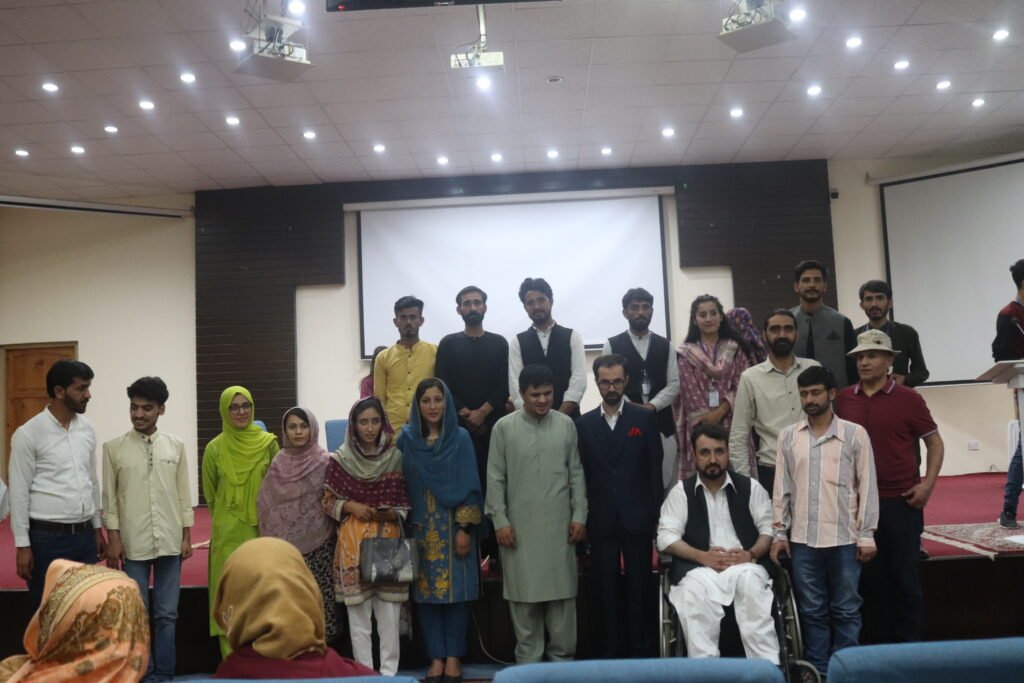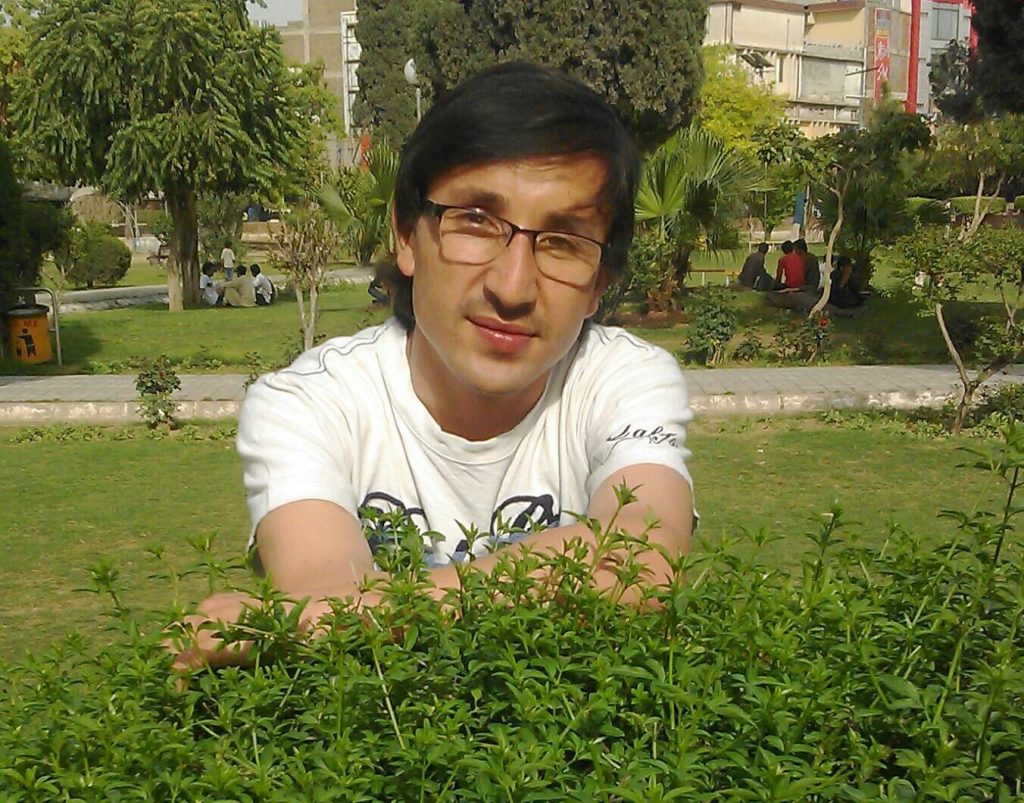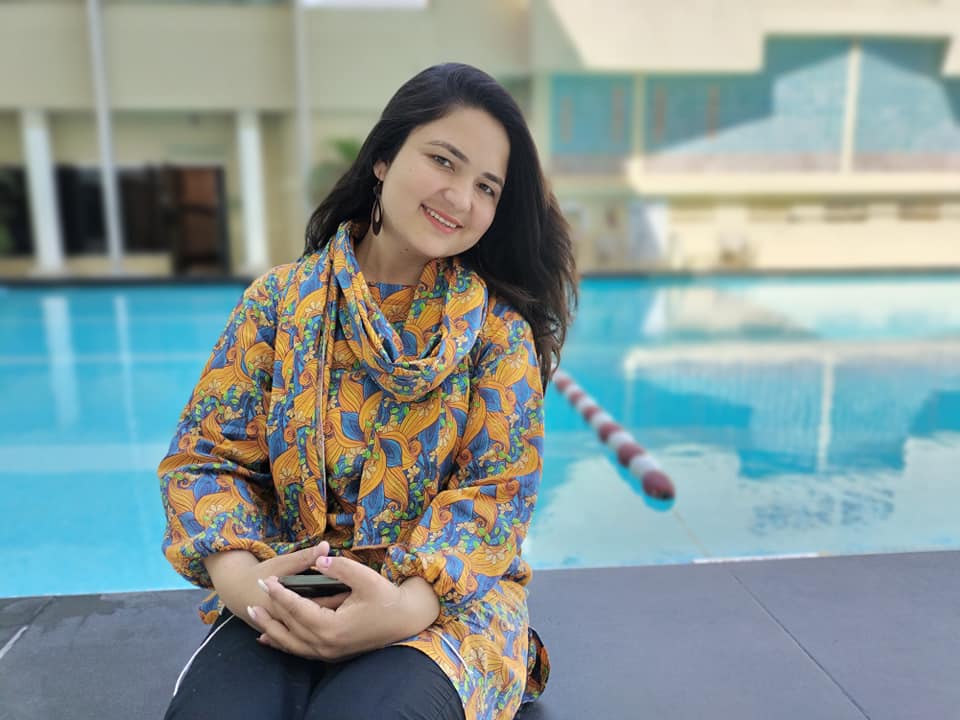At some stage, when this organization eventually becomes larger and expands, future researchers or historians will describe the geographical boundaries that GBGM had to face in the past.
However, returning to accessibility and the transport issue, we must appreciate those learners who want to learn their skills and get trained at the center because Gilgit is a highly mountainous region, and limited people can come. So how do our students come? Occasionally with the help of some volunteers, notably those studying at the university, help people to travel to our center. But the most significant contribution is that of our eldest brother Abdul Hakeem https://gbgoodwillmovement.com/stories-of-the-resilient-abdul-hakeem/ who, despite his disablities, has to come from Oshikhandas, has to pick up students from there and drop them every day.
I just wanted to share this not because we are looking for sympathy but because heading an NGO in Gilgit with these diffculties is challenging for the organization. With no transport, PWDs are not easily identified and there is a lack of data. However more importantly the centre plays a part in being a place for PWDs to meet and discuss their issues as a community. Without this place, more PWDs will not be aware of their rights or freedoms.
We urge people to think about this benefit of the center.




